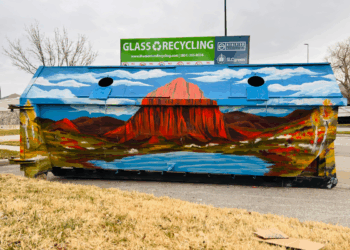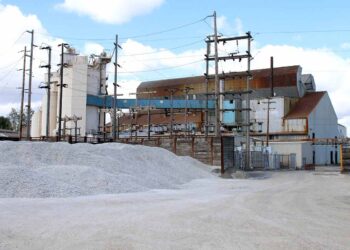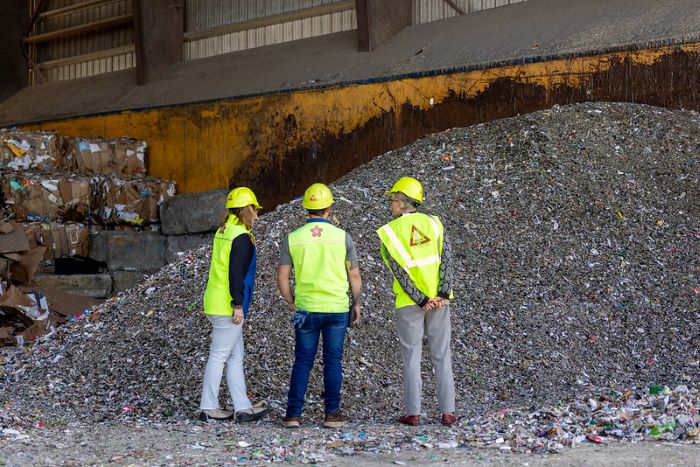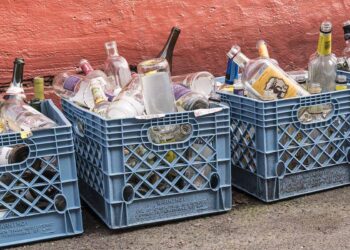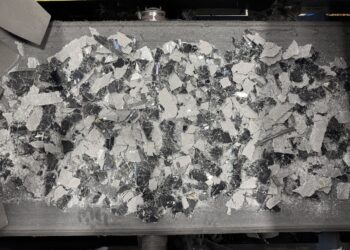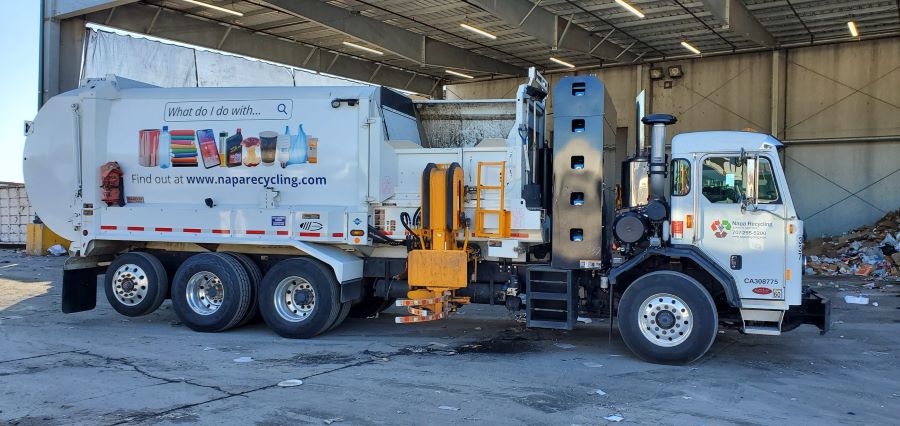After a bottle production plant in Seattle shuttered over the summer, a local glass beneficiation facility has lost demand for its cullet, leaving multiple area recycling programs without a downstream outlet for their glass.
Glass packaging giant Ardagh in June notified Washington state authorities it would shut down its Seattle container plant, laying off 244 workers. The company described the move as a “temporary” idling of the facility, and it took effect at the beginning of July. The closure came exactly a year after the company shut down one furnace at the plant, citing competition from imports of glass bottles, using data from the U.S. International Trade Commission.
In the wake of Ardagh’s Seattle closure, intermediary processor Strategic Materials has less demand for its cullet in the area, and several municipal glass recycling programs have stopped accepting the material.
In a statement to Resource Recycling, a Strategic representative said the company’s Seattle facility is still operating, but that the company has been “temporarily forced to scale back a portion of uncontracted volumes we can accept.”
“Although we have challenges because of a curtailed bottle furnace, we are identifying end markets for the glass to continue to be recycled,” the representative added. “We are cautiously optimistic that we will have a better solution for all our stakeholders in the near future.”
The City of Port Angeles, about 80 miles northwest of Seattle, notified residents on Oct. 14 that its program, “like other municipalities in the region, is adjusting to the recent closure of the Ardagh Glass plant in Seattle.” The city launched glass recycling just over a year ago, accepting the material at two local transfer stations.
“After being collected, the recycled glass was transferred to Strategic Materials, Inc. in Seattle, who marketed the material to Ardagh Glass for bottle manufacturing,” the announcement stated. “With the closure of the Ardagh plant, there is no longer a market for recycled glass material, and therefore, Strategic Materials can no longer accept recycled glass from the city.”
Port Angeles noted it would temporarily pause glass collection beginning Oct. 19.
The announcement came weeks after similar news in Tacoma, about 30 miles south of Seattle, which didn’t directly cite Ardagh but announced on Sept. 24 that its recycling vendor stopped accepting glass “due to unexpected changes in the international glass market.” And it affected Skagit County, about 100 miles northeast of Seattle, which stopped accepting glass at all three of its transfer stations beginning Oct. 1, citing the Ardagh closure.
“Customers are now advised to dispose of glass containers with household garbage,” the county wrote. “Glass that has been currently accepted for recycling at the transfer stations will be disposed of in the landfill.”
The Seattle-area situation highlights the importance of regional end markets for glass recycling success, and it mirrors a domino effect in Massachusetts in 2018, when Ardagh’s closure of a bottle plant led to the shuttering of a Strategic facility and regional market shifts.













